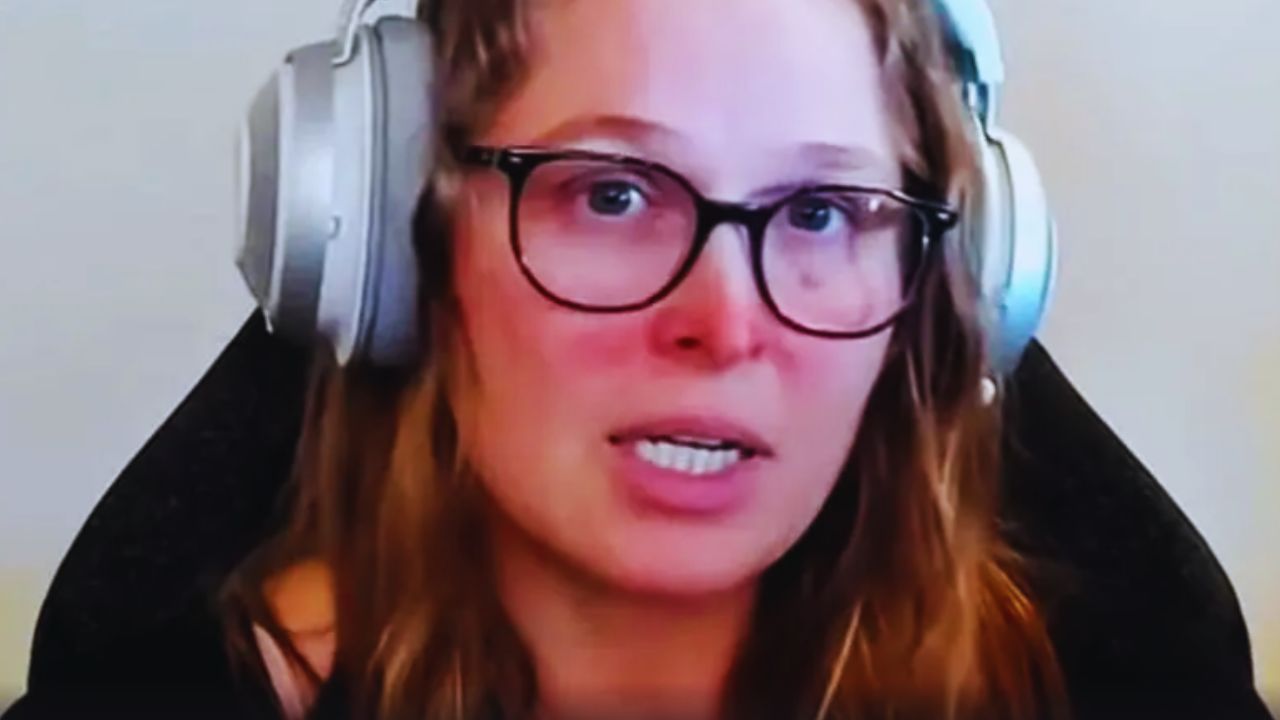Ronda Rousey’s Candid Reflection on Head Injuries
Ronda Rousey, a name synonymous with groundbreaking achievements in both MMA and WWE, has these days unfolded about a topic that has long been swept beneath the rug in combat sports: cumulative head trauma. Known for her fierce combat spirit and unyielding willpower, Rousey’s silence on this trouble, especially after her transition from UFC to WWE, is now being addressed with startling honesty.
In a revealing interview with Shakiel Mahjouri for SHAK MMA, Rousey shed light on her private struggles with head injuries. The former UFC champion and WWE superstar shared that her first concussion came about while she was simply six years old, and lamentably, it wasn’t the final. “I commenced getting concussions at six years old and saved getting them frequently, multiple times a year,” Rousey disclosed. “In combating sports, there’s this triumphing mindset that you ought to in no way display weak points, and talking about such accidents is taken into consideration as a sign of vulnerability.”
The Unspoken Reality of Combat Sports
Rousey’s revelations are both surprising and illuminating. Combat sports, such as MMA and expert wrestling, have traditionally embraced a hard-love culture wherein combatants are predicted to push through pain and accidents. This subculture often discourages athletes from discussing head injuries, which are both commonplace and dangerous in those sports. The stigma around concussions and their long-term consequences has resulted in lots of warring parties suffering in silence, fearful of being perceived as susceptible or unable to maintain their careers.
Rousey’s selection to live silent approximately her head trauma throughout her MMA profession changed into stimulated via this very subculture. She felt compelled to remain tight-lipped, even as she confronted ongoing neurological troubles. “You’re simply now not meant to talk about these items,” she said. “The recognition is constantly on being the most powerful and the maximum resilient. Discussing injuries, particularly those related to the top, is going towards that narrative.”
WWE Transition and Continued Stigma
After leaving UFC, Rousey transitioned to WWE, hoping for a new bankruptcy in her profession. However, she found that the stigma surrounding concussions continued inside the global of professional wrestling. Despite the specific surroundings, the cultural attitudes towards head accidents remained largely unchanged. This continuity of silence most effective deepened Rousey’s clear up to remain quiet about her own struggles.
“I wanted to move on to any other realm, however the identical problems persevered,” Rousey cited. “It’s now not just a trouble in MMA; it’s a trouble in all fight sports activities. The silence round concussions is unfavorable to the nicely-being of athletes.” Her choice to speak out now, after her wrestling career has concluded, displays a newfound commitment to advocating for the health and safety of destiny combatants.
Advocacy for Awareness and Change
Rousey’s candidness marks a substantial shift within the verbal exchange approximately head accidents in combat sports activities. By sharing her personal studies, she hopes to spark a broader speak and encourage different athletes to talk out. “I want extra people might talk about head trauma openly,” Rousey stated. “Our longevity and health rely on it. We want to apprehend the risks and deal with them head-on.”
As the fight sports activities network begins to grapple with those problems extra openly, Rousey’s voice becomes an critical catalyst for change. Her bravery in discussing her very own struggles serves as a beacon for different combatants who may be struggling in silence. The desire is that accelerated cognizance will result in higher safety measures and help systems for athletes.
Potential UFC Comeback and Future Impact
In addition to her revelations about head trauma, Rousey lately hinted at a likely UFC comeback. While details remain speculative, her return could similarly make bigger her message approximately the significance of addressing health issues in combat sports activities. A comeback could not most effective reignite her fighting career however additionally offer a platform to advise for advanced health requirements and protection protocols.
Rousey’s story underscores the pressing need for ongoing conversations approximately head accidents and their impact on opponents. By breaking her silence, she has paved the manner for a greater knowledgeable and empathetic approach to athlete fitness. As extra fighters be a part of the conversation, the desire is that the way of life of silence will shift, making way for a safer and extra supportive surroundings in fight sports.
In reflecting on her adventure, Rousey’s message is apparent: the health of opponents have to never be compromised for the sake of perceived strength or resilience. The destiny of fight sports activities relies upon on acknowledging and addressing those crucial issues, and Rousey’s brave disclosure is a critical step toward that change.




